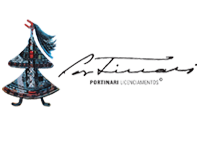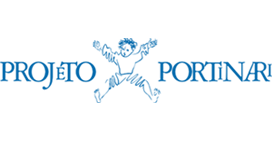General Info
His birth in Rome; journalist and leftist politician father; mother concert pianist; extreme hardship during the period of facism; coming to Brasil; his father's job at Italcable; his mother's death; Mussolini; the opportunity of studying painting with great masters in Rome; his mother encourages him to become a painter; exhibits at the Quadrienalle in Rome in 1935; his relationship with politics; existential and asthetic problems; multifaceted and professionaly skillful; the first painting teacher; family home in Rome; problems in Brazil with the beginning of World War II; affinities with Portinari; incident with Olegário Mariano; Portinari's concern with aristocracy and society; poor working conditions during the making of the "War" and "Peace" panels; meeting Portinari in 1937 leads to immediate collaboration for the Ministério da Educação e Saúde/MES murals; difficulty mastering fresco technique; first attempt flops; cultivated, intense but ceremonious relationship with Portinari; the privilege of having actively participated in the beginning of the truly Brazilian culture; Mário de Andrade; Mário de Andrade's relationship with Luís Saia; Mário de Andrade and the event involving Portinari's self portrait; two entirely different intellectual atitudes: authoritarianism and iconoclasty; his job at "O Cruzeiro" magazine; Portinari was never an official painter of the Vargas' dictatorship; Portinari's difficulty in handling practical matters and also his mishandling of money; Portinari's health problems; Portinari's isolation towards the end of his life; the approximation to life brings death; Portinari misunderstood; Portinari's relationship with the art market; only drawing reveals the great painter; the constant high quality in Portinari's painting; the issue relating to influences; there's no such a thing as creation therefore transformation of a former knowledge; the impossibility of judging the real work of art; the work of art is only an esthetic manifestation; the incompatibility between creator and teacher; the Universidade do Distrito Federal/UDF; collaboration on the MES works; the mural painting "Children's Games"; the modern division of the Salão Nacional de Belas Artes; the modernist group; the relationship between artists and Latin American governments; Portinari's artistic ambiance becomes his own family; the episode that marked the starting of his collaboration with Portinari on the "Tiradentes" panel; the incident with the fixative utilized on the panel; collaboration on other panels; "War" and "Peace" panels; Portinari draws for architecture students; disappointment on never having been given a work by Portinari; Portinari's drawings are torn to pieces; Portinari's nephew sells pieces of the drawings; the importance of having understood Portinari; the drawing given to Bianco by João Candido and the ones he bought himself; Helena Rubinstein's strategy to buy Portinari's paintings; Portinari's great sensitivity toward poverty and misery; the virtual inexistence of the middle class in 1940; political repression ends but fear continues; Bianco draws scenery sets for Balanchine and Abdias Nascimento; the thrill of putting together "Emperor Jones", by Eugene O'Neil with practically no budget; racism in Brazil; the importance of Projeto Portinari.
























































